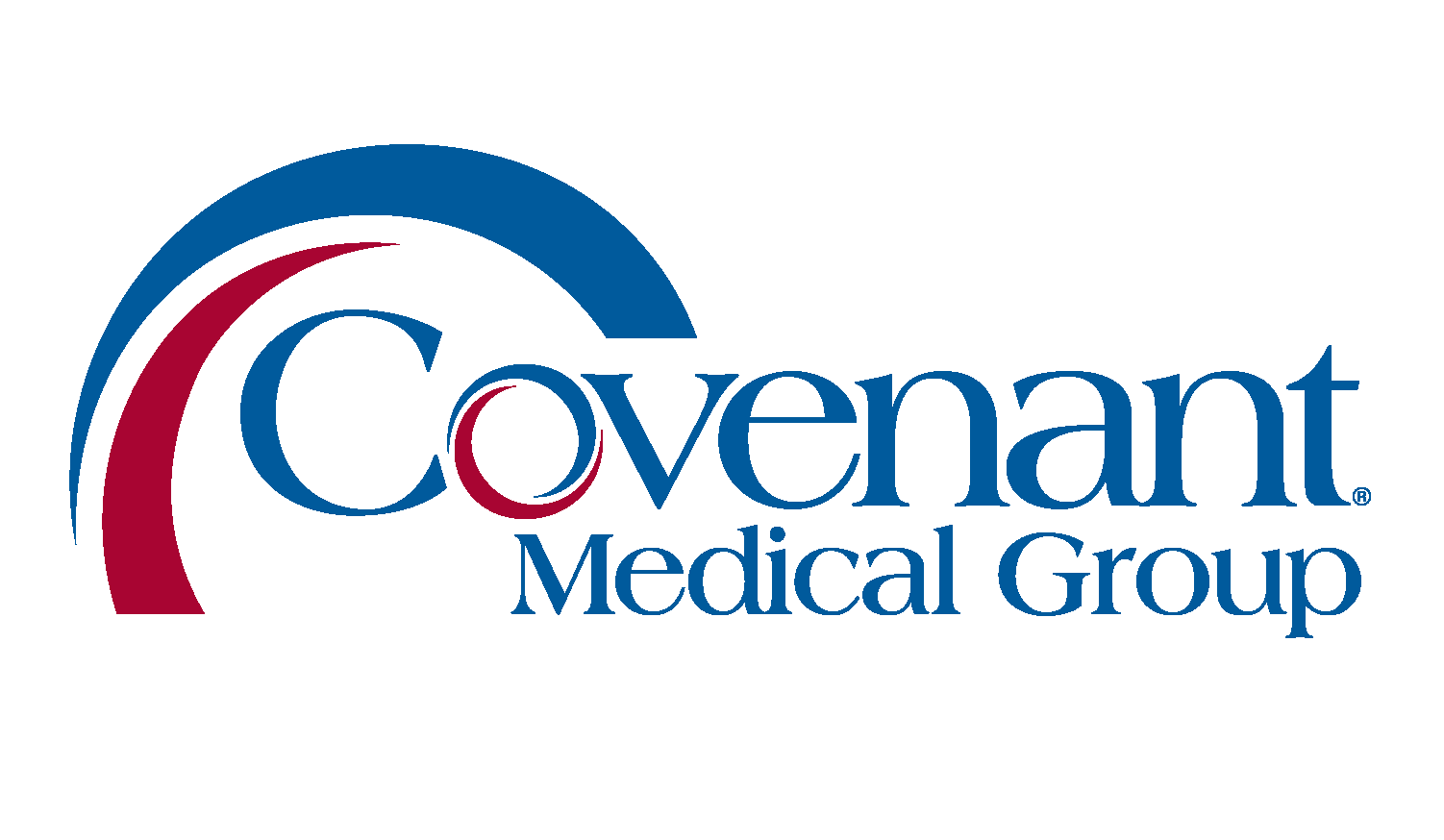 Chemotherapy prior to surgery can tell us whether your tumor responded to chemotherapy. If your tumor is gone after chemotherapy, then we can feel good that any tumor cells hiding elsewhere in your body were killed.
Chemotherapy prior to surgery can tell us whether your tumor responded to chemotherapy. If your tumor is gone after chemotherapy, then we can feel good that any tumor cells hiding elsewhere in your body were killed.
There are 3 chemotherapy agents that are typically administered for breast cancer. Adriamycin (doxorubicin), also known as “the Red Devil, cyclophosphamide, and Taxol (paclitaxel) or Taxotere (docetaxel). We refer to these drugs by their initials, A, C or T.
The main regimens we use to kill breast cancer are:
AC – Adriamycin and cyclophosphamide once every three weeks for four cycles.
TC – Taxotere and cyclophosphamide once every three weeks for four cycles.
AC => T is Adriamycin and cyclophosphamide once every three weeks for four cycles followed by a Taxol every week for 12 weeks.
TAC is Adriamycin, cyclophosphamide, and Taxotere given together once every three weeks for six cycles and is generally an aggressive regimen with more side effects.
ddAC => T is another aggressive regimen, called dose-dense because Adriamycin and cyclophosphamide are given once every two weeks for four cycles followed by Taxol every week for 12 weeks.
But which chemotherapy regimen do we choose for you? Which regimen will give us the best chance of killing the cancer? The biology of the cancer will guide us.
Triple Negative Cancers require aggressive chemotherapy and will typically receive TAC or a dose-dense regimen (ddAC => T). Triple Negative Breast Cancers may also be eligible for multiple clinical trials and one important clinical trial is the trial of Capecitabine or Cisplatin for Triple Negative Breast Cancers that do not completely respond to chemotherapy given prior to surgery.
ER-positive tumors are a little trickier. Most ER-positive tumors will respond to anti-estrogen therapy only, but some ER-positive tumors will respond in part to chemotherapy. A genomic microarray analysis (OncotypeDX, MammoPrint, Pam50, etc…) can help determine which ER-positive tumors will respond to chemotherapy and which ER-positive tumors will have a poor response to chemotherapy and benefit from anti-estrogen therapy only. If chemotherapy is beneficial, ER-positive tumors generally require the less aggressive regimens, as most of the benefit in killing ER-positive breast cancer will come from the anti-estrogen therapy.
The ER-positive tumors that respond to chemotherapy will shrink and have a greater chance of a successful partial mastectomy. A word of caution: many ER_positive tumors will not completely respond to chemotherapy and a sizeable amount of tumor will remain after chemotherapy. You must not be frustrated, as ER-positive tumors will have a greater response to the anti-estrogen therapy you will be receiving the after surgery.
Her2-positive tumors, breast cancers that overexpress the HER-2 receptor, will require a regimen of anti-Her2 targeted therapy in addition to chemotherapy. Typically, Herceptin (trastuzumab) and Perjeta (pertuzumab) will be administered along with docetaxel and carboplatin (TCHP) or with Adriamycin, cyclophosphamide and paclitaxel (AC => THP).
In summary, there are three goals to chemotherapy prior to surgery, i.e. neoadjuvant systemic therapy (NST): (1) to monitor the response of the tumor to chemotherapy and to arrange for second line therapies if your tumor does not respond to chemotherapy; (2) to shrink the tumor with the desire to preserve your breast; and (3) to sterilize the axilla and therefore avoid a complete axillary lymph node dissection and the associated risk of lymphedema.
